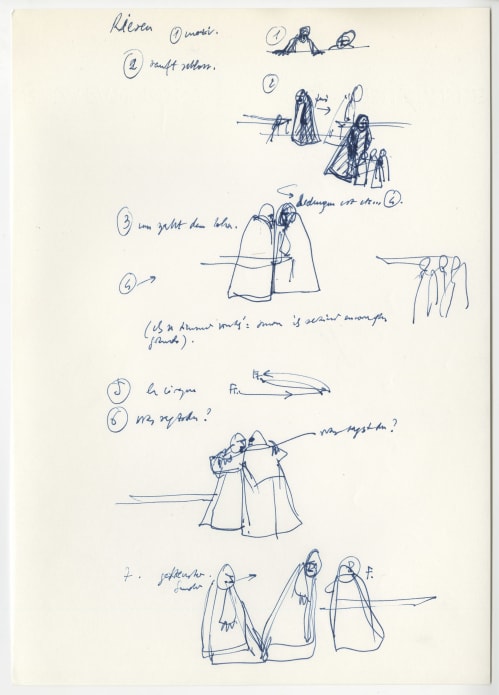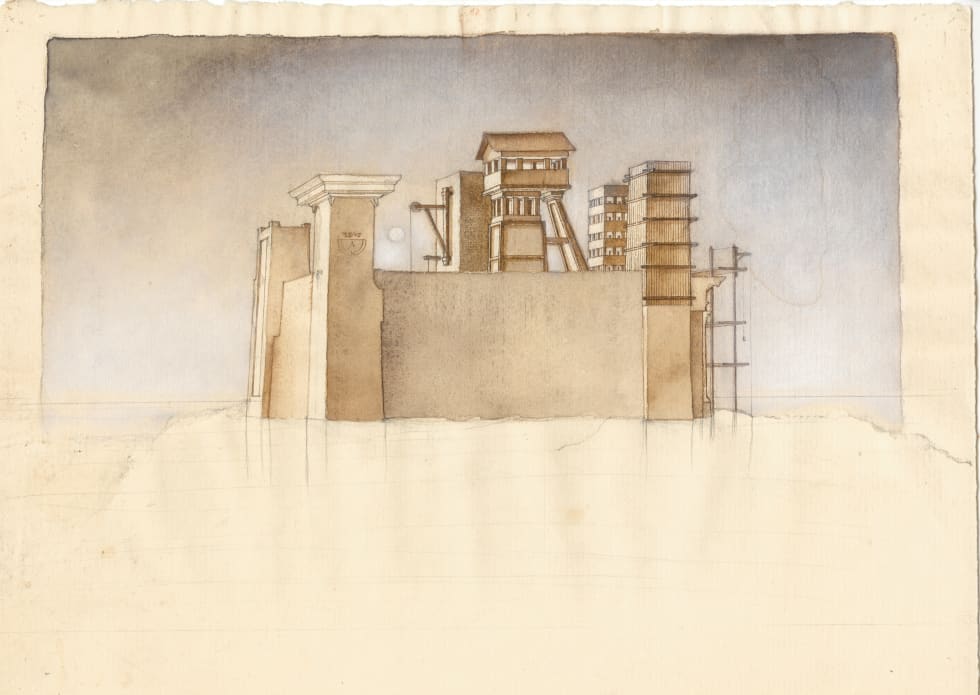Prices
Show / Event
Venue
Experience
No result. Clear filters or select a larger calendar range.
No show today.
III. The Ring cycle of the century (1976-1980)
In 1974, Wolfgang Wagner, who has asked Pierre Boulez to conduct the Ring Cycle to mark the centenary of the Bayreuth Festival, is still looking for a director. Ingmar Bergman, Peter Brook and Peter Stein have all turned down the invitation. Boulez suggests the name of Patrice Chéreau to direct the four operas that make up Der Ring des Nibelung. The encounter with Richard Wagner’s works proves decisive: far from the disappointments experienced with Offenbach, here Chéreau finds a text and a score conceived as an entire theatrical project.
In order to “create a modern allegory”, he seizes on the work’s legendary and mythological dimension to offer a historical and political perspective able to describe “the terrible perversion of societies based on the preservation of power”. He sets the action in the midst of the industrial revolution and endeavours to give all the characters a profoundly human character, including the gods, the giants and the nymphs.
The year it is first presented, the production triggers a wave of indignation. Chéreau is reproached by many for his “demystified” work, his simplistic “Marxist interpretation”, and above all, his overly theatrical staging at odds with the abstract and symbolist aesthetic that has previously dominated. Boulez, too, is criticized for the briskness of the tempi. Even so, by 1980, the production has become an unprecedented success, receiving an hour-long standing ovation at the end of its final performance.
La Tétralogie du centenaire (1976-1980)


akg-images / Ullstein Bild















